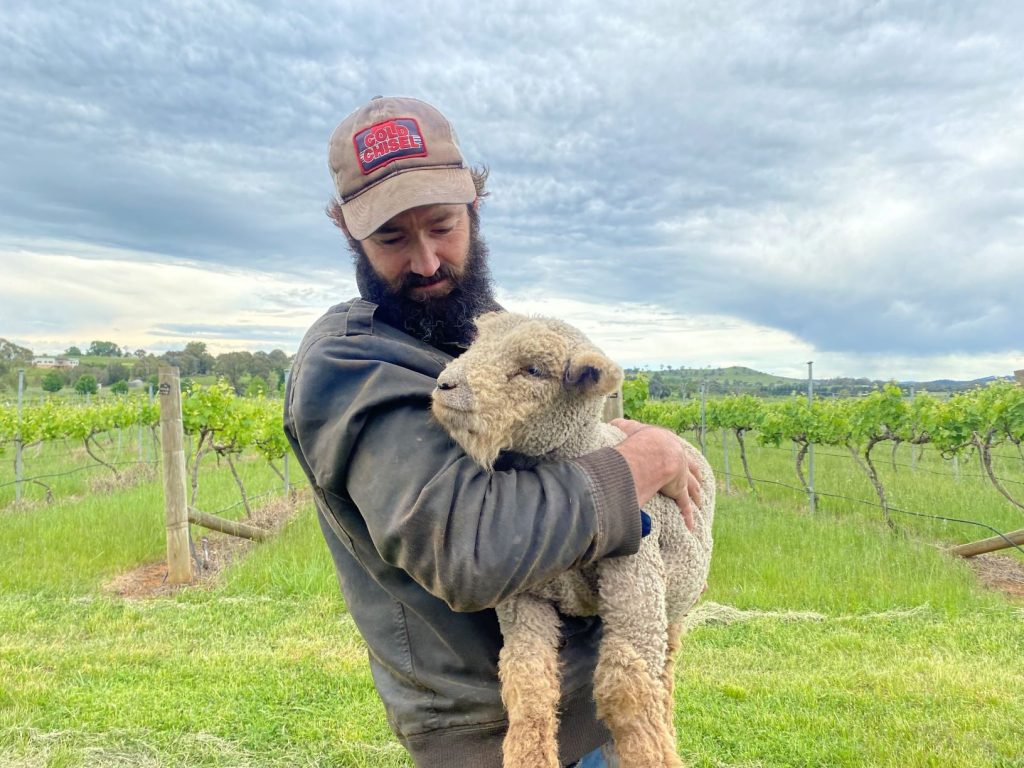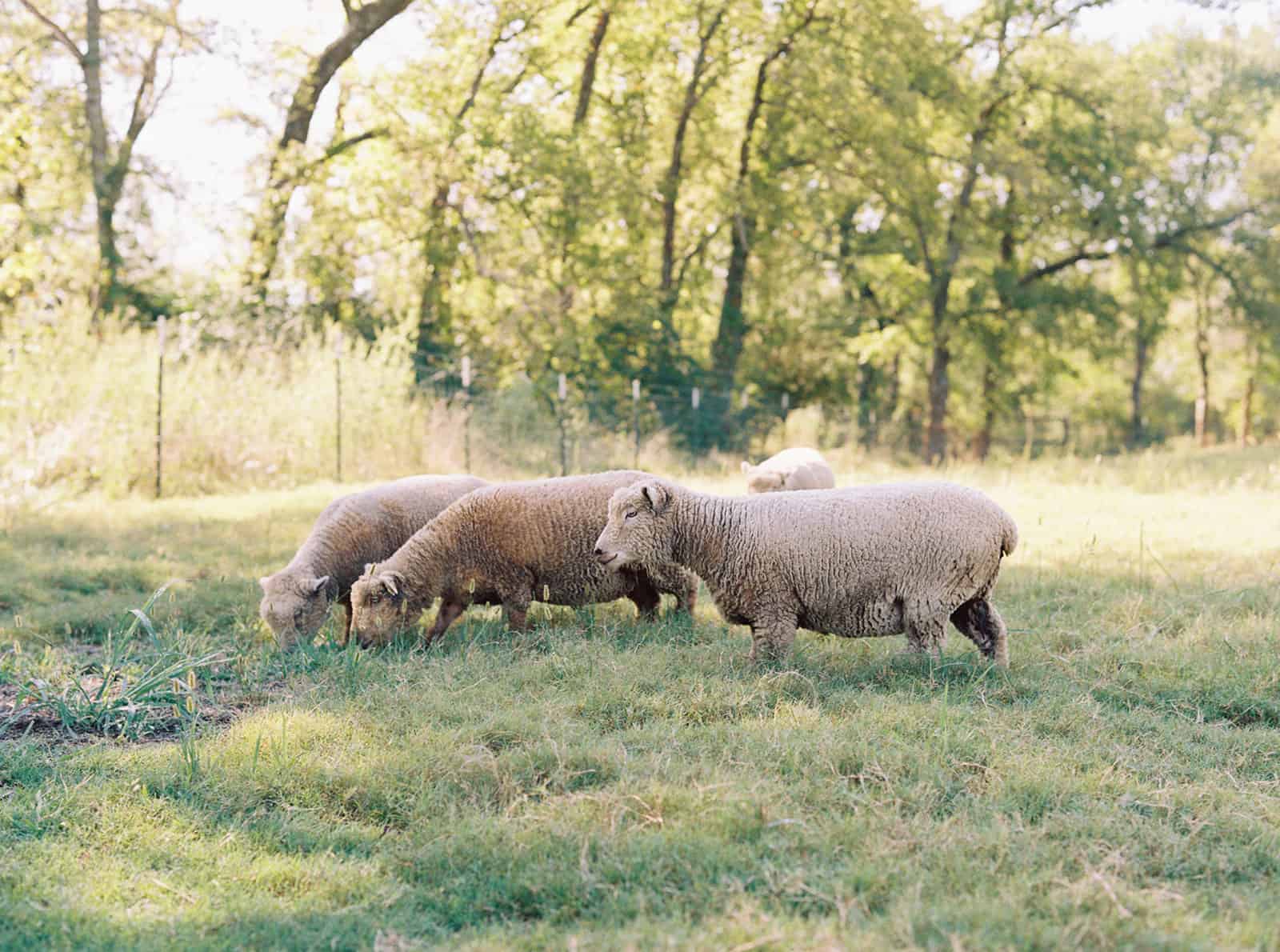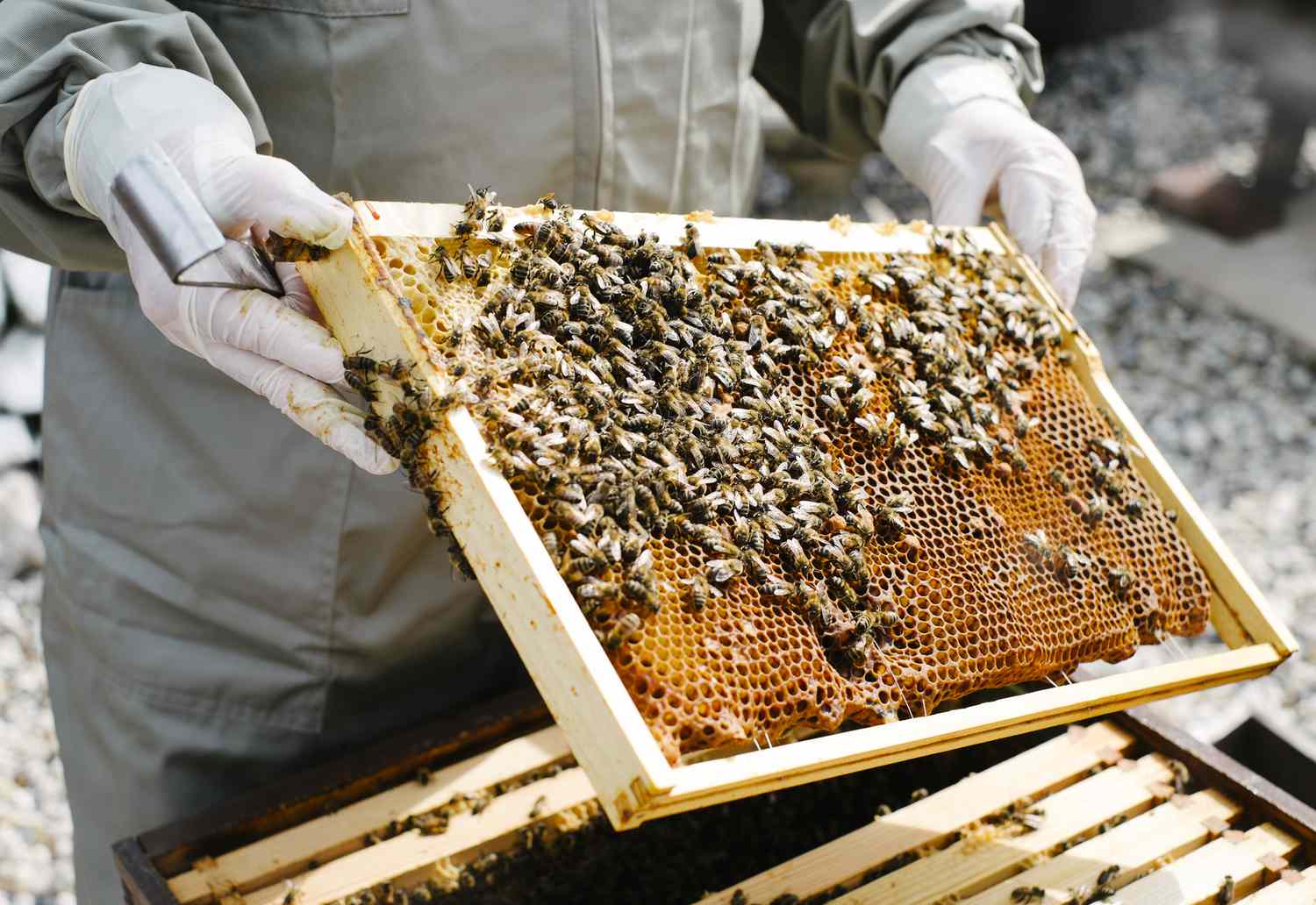Discover the Charm and Benefits of Babydoll Sheep
In an age where sustainable living and small-scale farming are gaining popularity, Babydoll sheep present a charming and practical solution. Originating from England, these petite sheep boast a rich history and play a vital role in modern sustainable farming. In this blog post, we’ll explore the unique advantages of raising Babydoll sheep, their contributions to sustainable practices, and offer practical tips for those looking to start their own flock.
The History and Significance of Babydoll Sheep
Babydoll sheep, formally known as Southdown Babydoll sheep, trace their roots back to the Southdown hills of Sussex, England. Recognized for their diminutive size and friendly disposition, these sheep quickly became popular among farmers and hobbyists alike. Historically, they were prized for their meat and wool, but today, their role in sustainable farming and land management has taken center stage.
The breed nearly faced extinction in the early 20th century, but thanks to dedicated breeders, Babydoll sheep have made a remarkable comeback. Their resurgence highlights the growing interest in sustainable and small-scale farming practices.
The Advantages of Raising
Small Size, Big Impact
One of the most appealing aspects of Babydoll sheep is their manageable size. Standing at just 18 to 24 inches tall, they are easy to handle, making them ideal for hobby farmers and those with limited space. Their small stature also means they require less feed compared to larger breeds, further enhancing their suitability for sustainable farming.
Gentle Disposition and Easy Care
Babydoll sheep are known for their gentle and friendly nature. This makes them a joy to have around, especially for families and individuals new to raising livestock. They are relatively low-maintenance animals, requiring minimal intervention once their basic needs are met. Regular health check-ups, proper feeding, and secure housing are typically sufficient to keep them happy and healthy.
Natural Lawn Mowers and Fertilizers
These sheep are excellent grazers, capable of keeping pastures well-maintained without the need for chemical fertilizers or pesticides. Their grazing habits help control weed growth and promote healthy grass. Additionally, their manure acts as a natural fertilizer, enriching the soil and enhancing its fertility over time.
Babydoll Sheep in Sustainable Practices
Enhancing Pasture Health
Babydoll sheep play a crucial role in maintaining pasture health. Their grazing patterns help prevent overgrowth and contribute to a balanced ecosystem. By encouraging diverse plant growth, they support healthier pastures and reduce the need for artificial interventions. This natural approach to land management aligns perfectly with sustainable farming principles.
Wool Production with a Low Environmental Footprint
Aside from their grazing benefits, Babydoll sheep produce high-quality wool that is highly sought after by fiber artists and hobbyists. Their wool is known for its softness and versatility, making it ideal for various crafts and garments. Unlike synthetic fibers, wool production has a lower environmental impact, as it is biodegradable and renewable.
Reducing Carbon Footprint
Raising Babydoll sheep can contribute to reducing your carbon footprint. Their efficient grazing and manure production help sequester carbon in the soil, mitigating greenhouse gas emissions. Additionally, by promoting local wool production, you reduce the reliance on mass-produced, carbon-intensive textiles.
The Babydoll Sheep Community
A Network of Passionate Breeders and Enthusiasts
The sheep community is a vibrant and supportive network of breeders, farmers, and enthusiasts dedicated to preserving and promoting the breed. Whether you’re looking to start your own flock or seek advice on best practices, you’ll find a wealth of information and resources within this community.
Online Forums and Social Media Groups
Connecting with fellow sheep enthusiasts has never been easier. Online forums and social media groups provide platforms for sharing experiences, asking questions, and learning from others. These communities are invaluable for beginners and seasoned farmers alike, offering a sense of camaraderie and shared passion.
Events and Workshops
Many regions host events and workshops focused on sheep. These gatherings provide opportunities to learn from experts, participate in hands-on activities, and network with like-minded individuals. Attending such events can deepen your knowledge and appreciation for this delightful breed.
How to Get Started with Babydoll Sheep
Sourcing Your First Flock
Finding reputable breeders is the first step to acquiring Babydoll sheep. Look for breeders who prioritize the health and well-being of their animals. Visiting farms and asking questions about breeding practices and animal care will help ensure you make an informed decision.
Housing and Shelter
Babydoll sheep require secure, weatherproof housing to protect them from the elements and predators. A simple barn or shed with adequate ventilation and bedding will suffice. Ensure the enclosure is escape-proof, as these curious creatures may attempt to explore beyond their designated area.
Feeding and Nutrition
A balanced diet is essential for the health and productivity of Babydoll sheep. Their primary diet should consist of high-quality hay and fresh pasture. Supplementing with grains and minerals ensures they receive all necessary nutrients. Clean, fresh water should always be available.
Basic Healthcare
Regular health check-ups, vaccinations, and deworming are crucial for maintaining the well-being of your flock. Establishing a relationship with a local veterinarian experienced with sheep will provide additional support and guidance.

The Future
A Growing Interest in Sustainable Agriculture
The resurgence of interest is closely tied to the broader movement towards sustainable agriculture. As more people recognize the environmental and economic benefits of small-scale farming, the demand for these charming sheep is likely to continue growing.
Potential for Increased Conservation Efforts
Land management and their contributions to biodiversity make them valuable assets in conservation efforts. Their grazing habits can help restore degraded landscapes and promote the growth of native plant species. By integrating conservation projects, we can further enhance our efforts to protect and restore natural ecosystems.
Expanding Market for Wool and Meat
The unique qualities of Babydoll sheep wool, combined with their sustainable production methods, create a growing market for their fibers. Additionally, their meat, though less commonly consumed, is gaining recognition for its quality and flavor. These expanding markets provide additional economic opportunities for farmers and breeders.
For More Information Check This Out: On a mission to save the Babydoll sheep breed – Farmers Guide
Summary and Next Steps
In conclusion, Babydoll sheep offer a multitude of benefits for hobby farmers, sustainable living advocates, and animal enthusiasts. Their small size, gentle nature, and contributions to land management make them an ideal addition to small-scale farms. By raising Babydoll sheep, you not only enjoy the joys of sheep farming but also contribute to a more sustainable and environmentally friendly future.
If you’re ready to start your own Babydoll sheep adventure or want to learn more, join our community of passionate farmers and enthusiasts. Connect with experts, access valuable resources, and take the first step towards a more sustainable and fulfilling farming experience.

Frequently Asked Questions (FAQ)
What makes Babydoll sheep different from other sheep breeds?
Babydoll sheep are smaller in stature, with a height of about 18 to 24 inches, and are known for their docile and friendly nature. Unlike larger commercial sheep breeds, Babydolls are easier to handle and require less space and feed. Their unique wool, charming appearance, and efficient grazing capabilities set them apart as an ideal breed for small-scale farming and sustainable agriculture.
How much space do Babydoll sheep need?
Babydoll sheep are well-suited for smaller pastures, needing about 0.5 to 1 acre per sheep for adequate grazing. Proper rotational grazing practices can maximize pasture use and maintain healthy grass growth. Ample outdoor space encourages natural behaviours and helps in keeping the sheep healthy and active.
What should I feed my Babydoll sheep?
The primary diet for Babydoll sheep consists of high-quality hay and fresh pasture. They should have constant access to clean, fresh water. Supplementing with necessary grains, minerals, and salt lick blocks can ensure they receive a balanced nutrient intake, especially during winter months when pasture grass may be insufficient.
How often do Babydoll sheep need shearing?
Babydoll sheep typically require shearing once a year, usually in the spring. Regular shearing is essential for maintaining the health of the sheep and the quality of their wool. It prevents issues like overheating and matting of wool, which can harbour parasites.
What are the basic health care requirements for Babydoll sheep?
Regular health care includes vaccinations, deworming, and hoof trimming. It’s vital to establish a relationship with a local veterinarian who is experienced with sheep to provide routine check-ups and address any health concerns. Observing your sheep daily for any signs of illness or distress can help in preventing and addressing potential health issues promptly.
Can Babydoll sheep be kept with other livestock?
Yes, Babydoll sheep can usually be kept with other livestock like goats, chickens, and cows. However, it’s important to monitor interactions to ensure all animals coexist peacefully and that larger animals do not inadvertently harm the sheep. Proper fencing and segregation during feeding times can also help maintain harmony among different species.
Are Babydoll sheep good for wool production?
Absolutely, Babydoll sheep produce fine, soft wool that is highly valued by fiber artists and crafters. Their wool is renowned for its quality and versatility, suitable for creating garments, yarn, and various craft projects. Additionally, as wool is a renewable and biodegradable resource, it supports environmentally conscious production methods.
What is the lifespan of a Babydoll sheep?
Babydoll sheep typically have a lifespan of 12 to 16 years, with proper care and management. Their longevity can be influenced by factors such as diet, healthcare, and overall living conditions. Maintaining a stress-free, clean, and nourishing environment contributes significantly to their lifespan.
How can I get involved with the Babydoll sheep community?
The Babydoll sheep community offers numerous ways to get involved, from joining online forums and social media groups to attending local events and workshops. Engaging with this community provides access to valuable resources, mentorship, and a network of fellow enthusiasts who can offer advice and share experiences.
Are there specific regulations for owning?
Before starting with Babydoll sheep, it’s essential to check local regulations and zoning laws regarding livestock ownership. These regulations can vary widely depending on your location. Compliance with local health and safety standards for livestock is mandatory to ensure the well-being of your flock and maintain community standards.
What initial investments are required for raising?
Initial investments include purchasing the sheep, building or improving housing facilities, fencing, and acquiring necessary feed and supplies. Additionally, budgeting for routine healthcare and potential veterinary costs is crucial. Although the initial setup might require a significant investment, the long-term benefits and sustainability of raising Babydoll sheep often outweigh the costs.
By considering these frequently asked questions, you’ll be better prepared to embark on your journey with Babydoll sheep. Whether you are interested in their agricultural benefits, wool production, or simply their endearing nature, Babydoll sheep can be a rewarding addition to any sustainable farming endeavor.
For More Information on Ecology Check This Out: Ecology Blocks: A Foundation for Sustainable Construction 2024



